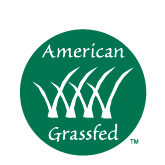Michigan Grass Fed Meats
Dairy cows outnumber beef cattle in the Wolverine State, but the latter still make up a substantial percentage of Michigan’s 1.15 million bovines. Approximately 12,000 farms raise dairy or beef cattle in the state.
While most beef cattle are raised conventionally and spend the last weeks of their lives in crowded feedlots consuming grain, a growing number of Michigan farmers are turning toward more sustainable methods. Along with using regenerative agriculture, some of these farmers are turning to raising heritage breeds for beef production. These hardy breeds, a staple of farms before the advent of beef industrialization, are now preserved for future generations.
At Thousand Hills Lifetime Grazed, we source our steaks, burgers, and other meat products from local grass fed beef ranchers nationwide. We partner with Michigan Regenerative Ranchers, and when you order from our online store, your meat is always delivered from the closest cattle ranch to your location.

Michigan Grass Fed Beef
The production of Michigan grass fed beef involves soil regeneration and the restoration of natural habitat. Regenerative grazing increases the number of earthworms, pollinators, and insects necessary to promote healthy soils and plants.
Farmers using regenerative methods do not use chemical pesticides, herbicides, or fertilizers on the land. Rotational grazing systems allow manure to serve as a natural fertilizer. More carbon is sequestered in plant roots. When carbon sequestration occurs on a large scale, it serves as a key tool in reducing greenhouse gas emissions and reducing global warming.
What Is Grass Fed and Grass Finished?
While reading food labels is critical, it’s also crucial to understand exactly what those labels mean. Labeling terms permitted by the U.S. Department of Agriculture may prove misleading for those unaware of the exact definition.
For instance, most people probably assume grass fed beef and grass finished beef are synonymous. That’s not true. Grass fed beef cattle are not necessarily “finished” on grass. Instead, they end up in feedlots eating grain to fatten them up. Only those eating grass for their entire lives, or finished on grass, are truly 100% Grass Fed Beef.
At Thousand Hills Lifetime Grazed, we provide our customers with only grass fed, grass finished Beef. That means the cattle consumed only grass or forage during their lifetimes. In winter, cattle may receive hay, but they are never fed grains or byproducts. They do not receive antibiotics, steroids, or growth hormones, as is the case with many conventionally-raised cattle.
Michigan Grass Fed Meats Delivery
You know the importance of healthy eating. When you order 100% Grass Fed Steaks and other delicious cuts of beef from Thousand Hills Lifetime Grazed, your food dollars are also helping the environment and combatting climate change. You know the animal was raised humanely and roamed and ate grass the way Nature intended. The meat is lower in fat and cholesterol than traditional beef, with far more omega-3 fatty acids and other essential nutrients. 100% Grass Fed Beef is good for you and your family, as well as the planet. Check out our cost-saving subscriptions!


